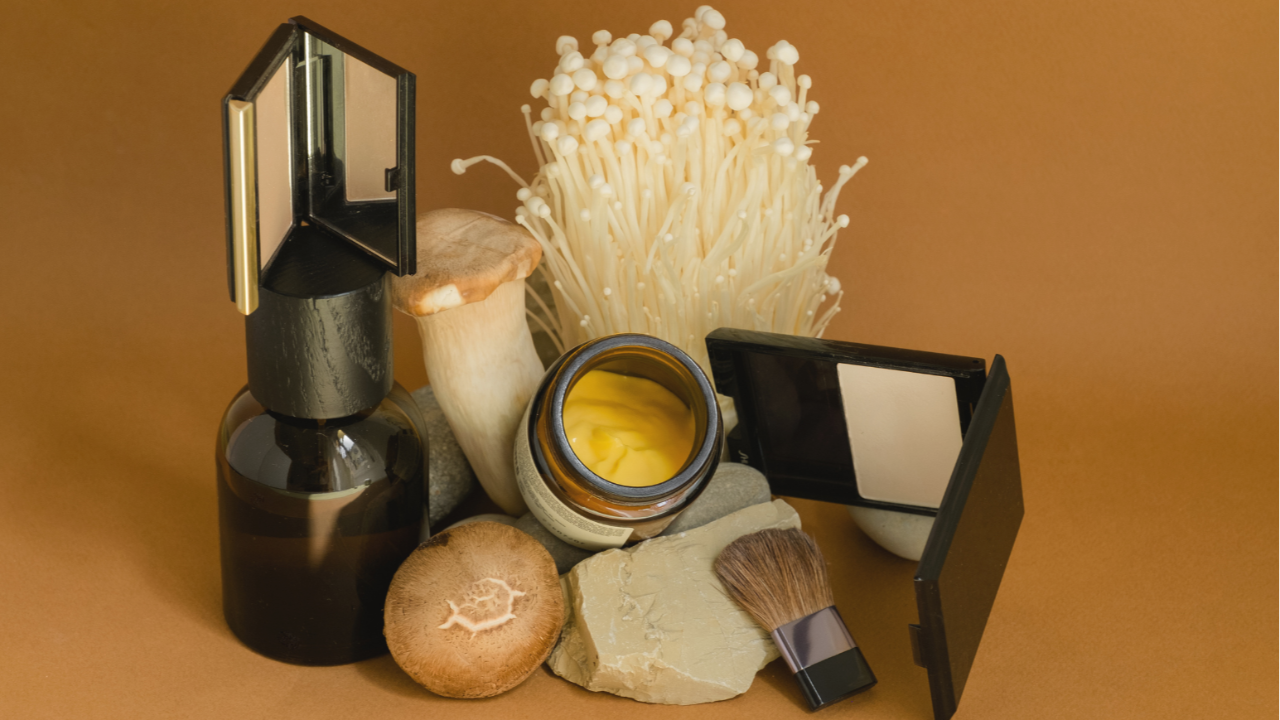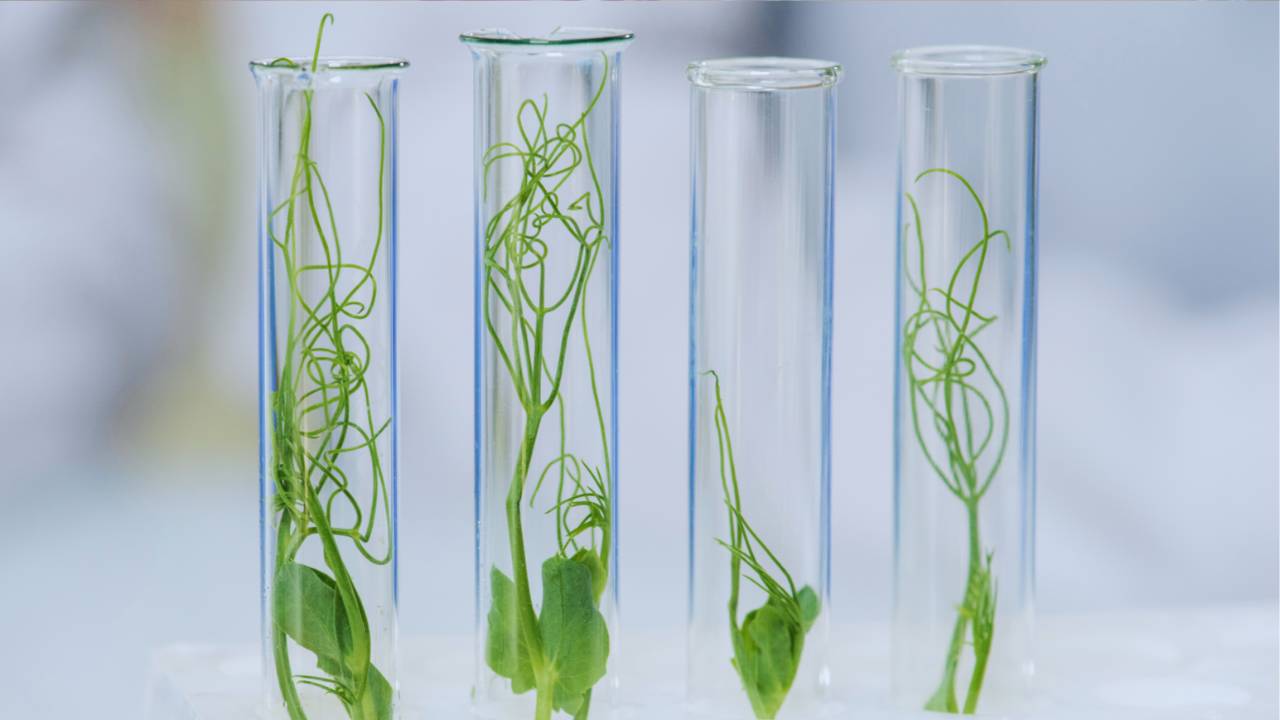
Endocrine Disruptors: What are they + why should you care?
Many of you have likely heard the term ENDOCRINE DISRUPTORS....
But what are they, why should you care about them, how might they be affecting you and your health, + what can you do to minimize your health risks associated with them??
Grab a comfy chair, something to sip on, and let’s dive in…
In order to fully understand endocrine disruptors I think it is first important to understand the endocrine system!
What is the endocrine system?
I like to think of the endocrine system as the body’s hormone system. A beautiful network of feedback and communication loops that help our bodies to function optimally.
To break it down in simple terms:
- The endocrine system is made up of various glands located throughout the body. (1)
- These glands are responsible for making hormones.
- Hormones are the chemical messengers that help the various cells and organs in your body communicate with one another.
- This hormonal communication, that is made possible by the endocrine (hormone) system, is essential for almost every function in your body including regulating metabolism, growth and development, tissue function, sexual function, reproduction, sleep, mood, + more.
- When your hormone communication is not working properly, it is possible (and sometimes only a matter of time) before you’ll see these negative health effects in one or many areas of your body
So clearly, your endocrine system is vitally important for your hormones, your health, + your wellbeing!
But what happens when/if its communication is affected? Let’s talk about endocrine disruptors...
What are endocrine disruptors?
Endocrine disruptors are chemicals, mostly man-made but also natural substances (hormones, phytoestrogens as genistein), that negatively affect the endocrine (hormone) system + the body’s natural hormone communication pathways. (2)
Endocrine disruptors can be found in materials including pesticides, flame retardants, and metals but also in many common household products including some plastic bottles/containers, metal food cans, detergents, cosmetics, personal care products, and toys, to name a few. (3)
When these endocrine disruptors are absorbed in the body they do what you’d expect, disrupt your endocrine system, your hormones, + potentially your health.
Endocrine disruptors do this by interfering with the synthesis, secretion, transport, metabolism, binding action or elimination of natural hormones (4)- meaning our natural hormones, which are required for homeostasis and healthy functioning, are either decreased, increased, blocked, mimicked or in other ways altered.
Why should you care?
By now I likely don’t need to tell you why hormones and our endocrine system are SO important. But I’ll just remind you they are the key to most functions in your body… aka you want them working properly so you can be as healthy as possible.
So if your endocrine system is affected by endocrine disruptors, what does this mean for you??
How might endocrine disruptors be affecting you & your health?
By interfering with your body’s natural endocrine (hormone) system, endocrine disruptors have been suspected to be associated with (1),(5)
- Altered reproductive function in males and females
- Increased incidence of cancer, specifically breast cancer
- Abnormal growth patterns & developmental malformations
- Neurodevelopmental delays in children
- Disturbances in immune & nervous system function
It’s important to note that research is very clear on the effects in animals however there is continued need for studies in humans and some controversy amongst certain groups. Human studies are challenging because it’s difficult to control exposures - most of us are exposed to an abundance of toxic chemicals daily in our modern life so studying levels or only one chemical poses challenges. But also if there is a known toxin to animals, who is going to volunteer to see if they’re negatively affected? Legally this isn’t even allowed. Despite the limitations in human studies, to me it seems clear to assume if something can affect our mammal friends it very likely has impact on me, my environment, + my loved ones. So my advice is, whenever possible, reduce any health risks you have exposure to including endocrine disruptors!
What can you do to minimize your risks associated with endocrine disruptors?
Know the common endocrine disruptors + AVOID them when possible! Environmental working group is a fabulous resource for this! Here is a link to what they identify as the TOP 12 endocrine disruptors, how they work, and how you can avoid them.
Focus on supporting your overall health + wellbeing. Our endocrine system & hormones function best when we are supportive of our body, the nutrients & rest it needs. Don’t forget that you are an integrated whole and all the things that you put on or in your body (both emotionally and physically have potential impacts). Take small steps in making changes if this is all new to you & if you are feeling any overwhelm - stress negatively impacts hormones too. Remember, you can’t control everything so be easy on yourself and your daily process and praise yourself for the small changes.
Stay tuned for some upcoming blogposts + content to support you in specifically choosing healthier options in your beauty, cleaning, and food intake AND some of my favorite regular detox practices + products.
If you know you want to take a deep dive NOW on HOW you can improve your overall health, then I invite you to check out my fertility awareness course. It has an entire module (1 of 6 modules) solely dedicated to this OR I invite you to check out my one-off hormonal health consults where I advise you specifically on the ways YOU can improve your hormonal health based on your current unique life situation + questions.
May you be well & informed in your journey!
in love,
Dr. Mona




